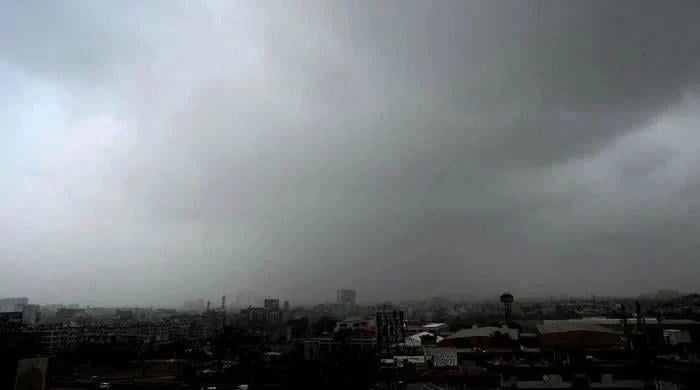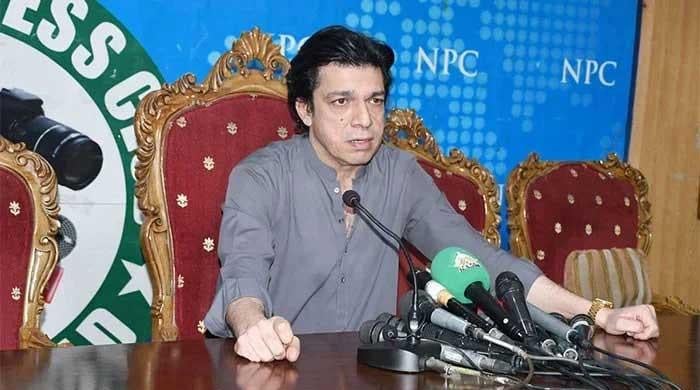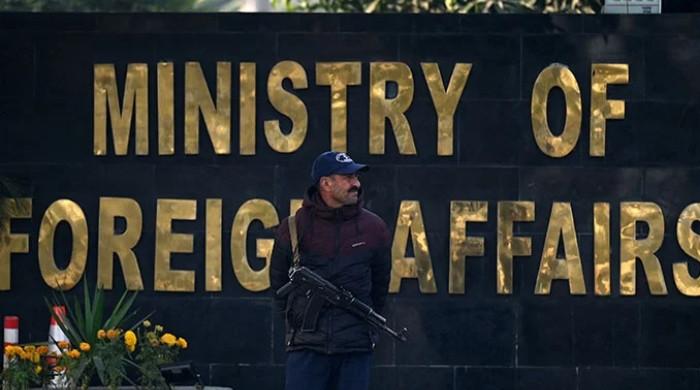Remembering 9/11 hero Salman Hamdani, in his brother’s words
Salman Hamdani was only 23-years-old when he died during WTC rescue operations
September 11, 2021
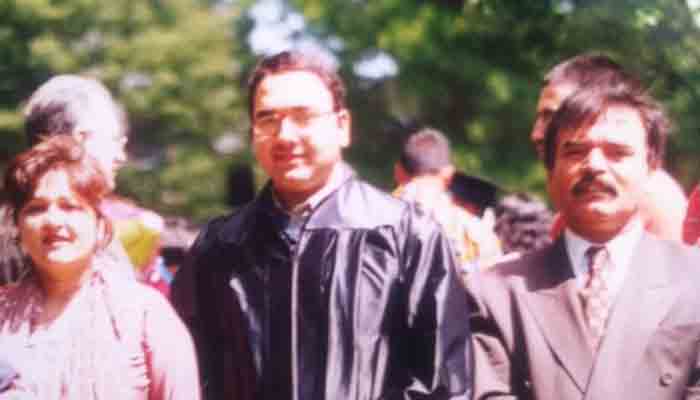
Last week, just two days before the death of a senior photographer, Anis Hamdani, I was in conversation with a few colleagues about Hamdani’s brother, Salman Hamdani, a brave young cadet of the New York Police Department and medical technician, who sacrificed his life rescuing the injured at the time of the 9/11 attack.
Salman Hamdani was only 23-years-old when he died.
I wanted to write a piece remembering Salman, so I called Anis. I had known the journalist since the 1980s. What I did not know was that this was going to be the last conversation I have with my dear friend.
On that day, the proud brother could not stop talking about Salman’s courage.
“He was a brave kid,” Anis told me over the phone, “He dreamed of serving people and that is why he joined the police department, as an emergency medical technician though he was studying at Rockefeller University.”
Anis recalls that his brother ran towards the World Trade Center after he heard the first blast. He was busy helping those trapped and those injured when the second blast struck and took his life.
Salman was only 13-months-old when he moved to the United States with his mother, Talat Hamdani. She too was a brave and courageous lady, who fought to get her son the recognition he deserved for his sacrifice. He was later honored by the US Congress as a hero under the US Patriot Act.
The New York Police also awarded him with its highest award. Where his body parts were found, a year later, the street was named after him.
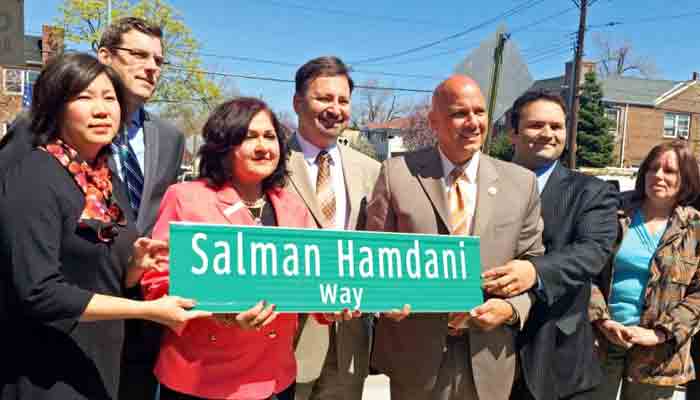
Anis told me that initially the Federal Bureau of Investigation probed his possible involvement in the heinous attack. But it soon came to light that the allegations were wrong.
“If he was alive today he would have been 43-years-olds,” his brother said, over the phone, “He always wanted to serve the people through social work and even at the age of 23 he had died in the line of duty.”
Salman’s brother also had a profound sense of duty.
Anis and I worked together reporting the famous police encounter at Defense Phase 11 in Karachi, where Ramzi bin al-Shibh, a top al-Qaeda militant and one of the five accused facing trial for their alleged role in 9/11, was arrested.
This incident took place exactly on the first anniversary of 9/11. Later the police disclosed that al-Qaeda had planned to blow up the US Consulate in Karachi. Thereafter, we came to know that the group’s Number 3, Khalid Sheikh Mohammad, was also in Karachi but managed to escape when an apartment was raided at Khalid bin Walid road in Karachi a night before.
The world has certainly changed after 9/11, but in the last 20 years it has become more unsafe for the people around the world. In fact the challenges are far greater than before and after 9/11.
The world today needs more people like Salman, who sacrificed his life for others rather than those who killed innocent people at the World Trade Center, in Iraq, Syria and Afghanistan.
As I end this piece, I want to send out a message to my dear friend Anis. Thank you for sharing Salman’s story with me. I will always miss your smile and sense of joy.
The writer is a journalist and analyst of Geo, The News and Jang.
He tweets @MazharAbbasGEO






